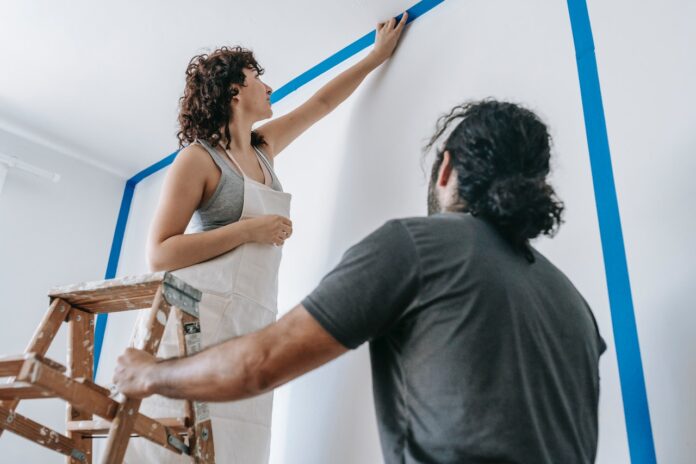We are now in the throes of a new month, new year and new decade, and that sense of rebirth and rejuvenation is palpable. Many of us are looking for a fresh start (or at least, a new hobby) which is enriching for the mind, body and soul; something to focus our attention on, to channel our energy towards, which will reward and satisfy, and provide the opportunity for socialising and learning.
Well, we’ve got just the thing; musical education. But don’t be put off by the ‘E’ word; this is fun and fulfilling in equal measure. Whether that takes the form of taking up a musical instrument or learning to sing, the benefits are myriad. With that in mind, here are 5 IDEAL ways to improve your wellbeing with music education.
REDUCE STRESS AND ANXIETY
Many of us need to figure out ways to create less stress and anxiety in our daily lives, and that’s the truth. Music can be that answer (can I get a hallelujah?). When listening to or playing music, your brain gets a boost of dopamine, which elevates mood and relieves stress.
Indeed, a study done in 2013 explored the effects of music on stress to those who listened to relaxing sounds, and those who listened to nothing at all. The results showed that those who turned to music had the best reduction in stress and anxiety overall. This decrease in stress also slows down your heart rate and blood pressure, giving you a heart-healthy response. But all this pales into insignificance when compared to the relaxation given by playing a musical instrument; time and time again it’s been said to be good for your health.
BUILDS UPON SOCIAL SKILLS
Music is an outlet for creativity, of that there is no doubt. For most of us, listening to music is just a hobby, but when we take actual lessons to learn that music we love, we’re able to build on our social skills, too. Singing lessons, in particular, create a connection to the music that requires learning how to express one’s self.
Tracy Reina, founder and voice teacher with Music to Your Home’s NYC singing lessons, states that “when taking vocal lessons, you focus on how to evoke emotions with the music. In doing so, you learn how to express feelings, and are able to utilise that same skill when connecting with others.” So you can take your singing instruction and apply it to your life, in ways such as making new friends or just establishing stronger relationships with those around you.
Listening is another social skill that is improved through music education. In learning to hear tempos, harmonies, and dynamics, all of which work the auditory portion of your brain, you’ll enhance your listening skills.
IMPROVES MEMORY AND BRAIN POWER
Learning a new musical instrument or taking voice lessons requires in-depth study and a good workout of the memory, too. In the repetition and practice, you utilise the part of your brain that remembers, which strengthens that memory of yours, as well as other cognitive skills in the process. In one study, memory tests were taken and, simply put, those that studied music tended to outperform those who did not.
BUILDS CONFIDENCE AND SELF-ESTEEM
Taking care of our mental health is becoming ever more important, and believe it or not, music education helps with that, too. When you study a piece of music, you develop confidence in your own abilities. When you work towards a goal, a sense of fulfillment is generated which is crucial to your self-esteem. Receiving compliments and praise from your music instructor or even peers only serves to enhance that. It’s even been said that by mastering a difficult song or piece of music, you gain a sense of control in your life; vital for contentment.
FOCUS AND SELF-DISCIPLINE
Music education can also (is there anything it can’t do?) improve your sense of wellbeing by giving you more focus and self-discipline. Daily practice is important when taking music lessons, and focus is required to listen, learn, and apply all of these to your song or musical piece. You’re required to concentrate and focus all of your attention on the task at hand, which nurtures good habits applicable to all walks of life.
Self-discipline is achieved through the establishment of a strong, habitual routine. Taking music lessons requires practice every day, inside and outside of the class. In doing so, you have to become diligent about setting aside that time. This creates a habit or a routine that improves your time management skills since you work to structure your time.
So, what are you waiting for? That guitar in the corner is gathering dust…go get it!





